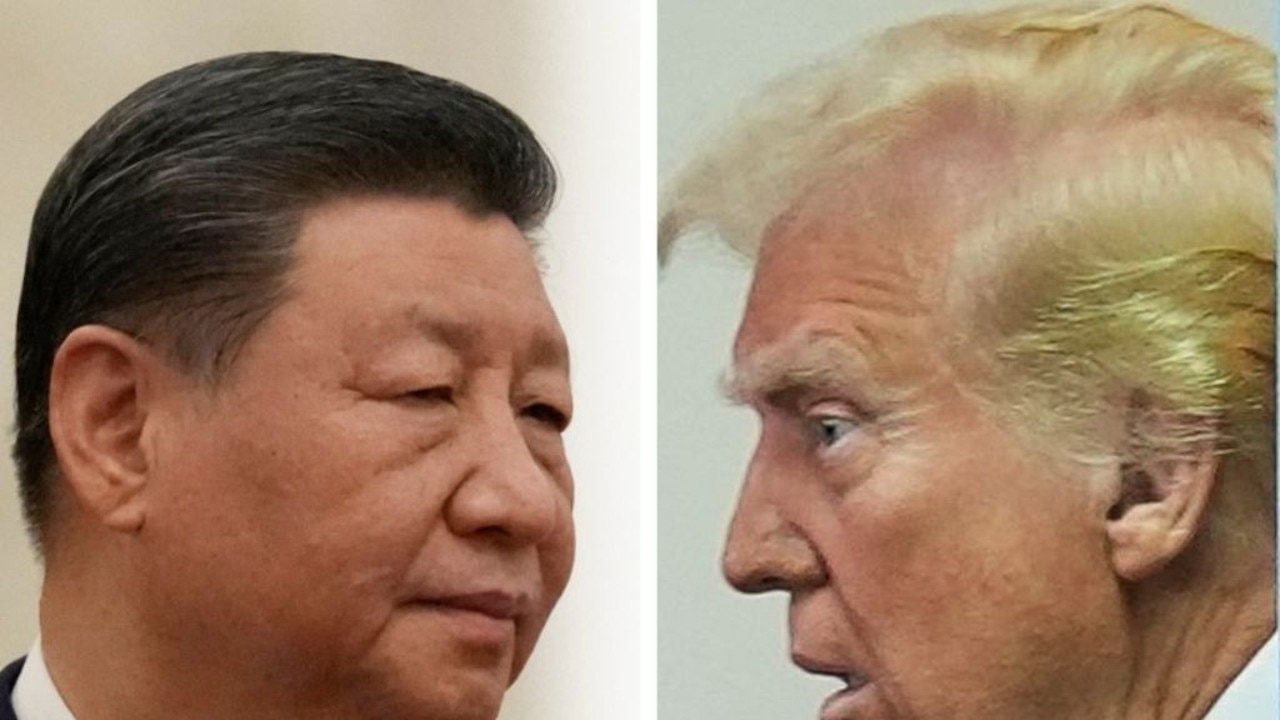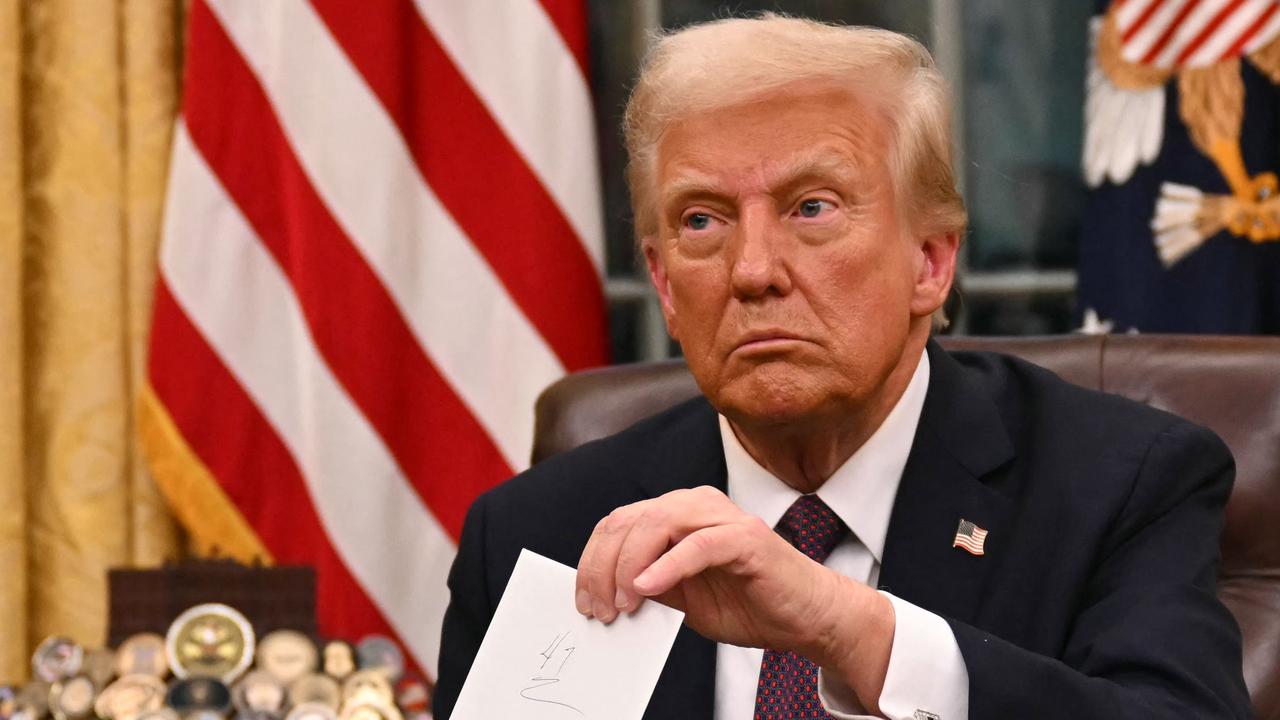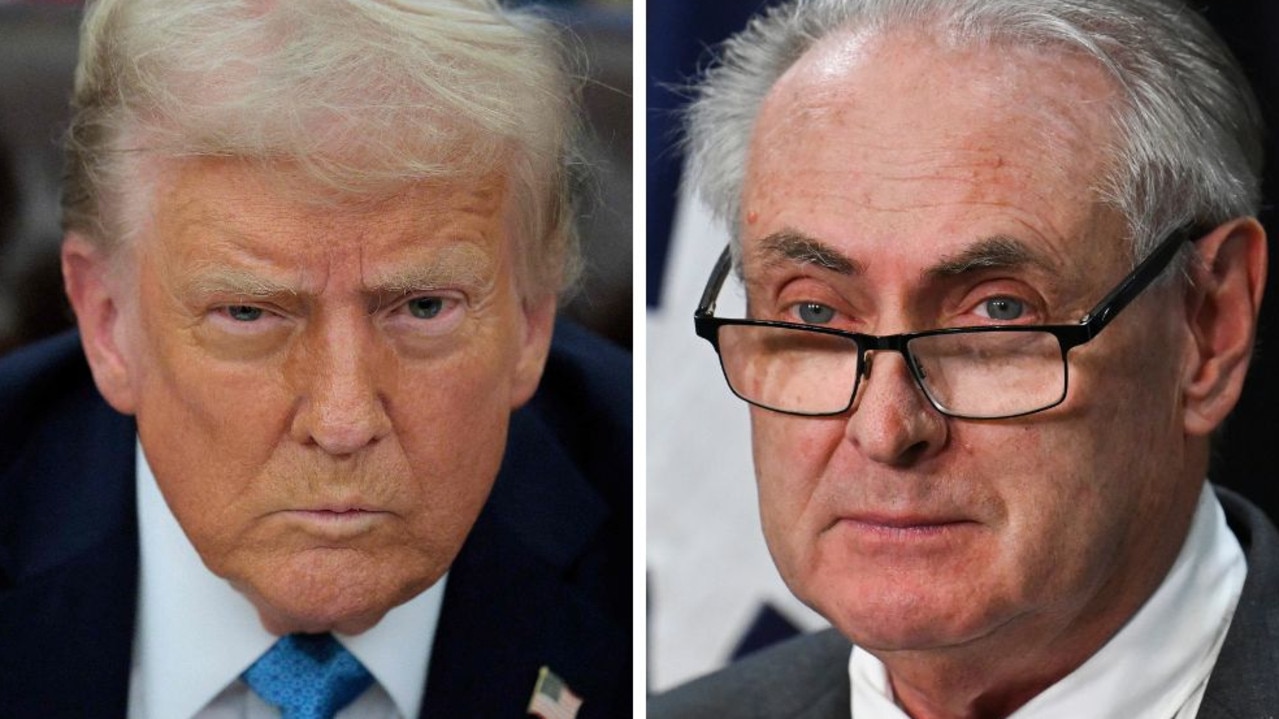Anthony Albanese expects Indian solar power agreement to be signed on Friday
Major clean energy and national security agreements between Australia and India are expected to be agreed to within hours.
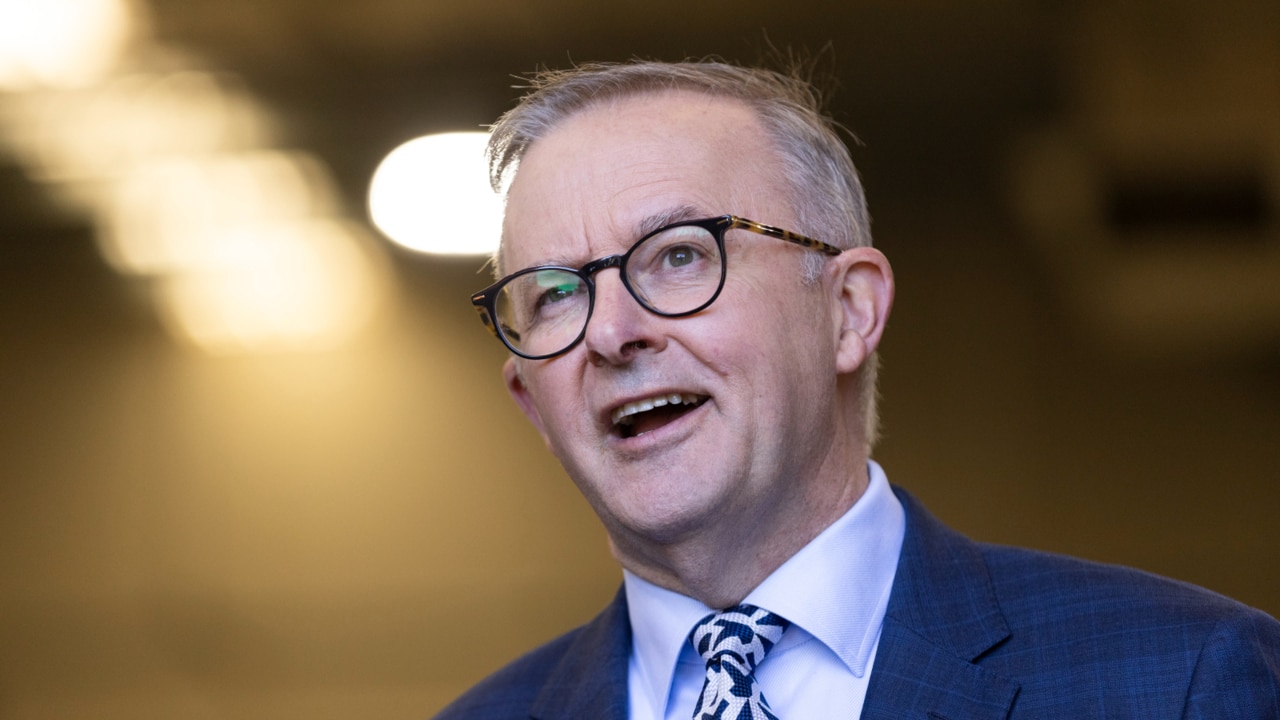
Prime Minister Anthony Albanese says he expects to sign major clean energy and national security agreements with India when he meets with Narendra Modi on Friday afternoon.
Three days into Mr Albanese’s Indian trip, the two prime ministers will have a bilateral meeting in New Delhi, where agreements on three major areas are expected to be signed and flagged an expanded trade deal could be agreed to by the year’s end.
Mr Albanese said the trip had solidified the relationship between the two countries, especially around cultural ties, the transition to a renewable economy, and national security.
“In economic areas, we’ll also have agreements, including in clean energy – we think in particular in solar – there’s enormous opportunities. I spoke to one of the major Indian companies here yesterday,” he said.
“Who are looking at billions of dollars of investment in Australia, including the manufacturing of solar panels … Something we want to promote through the national reconstruction fund – I want a future made in Australia.”
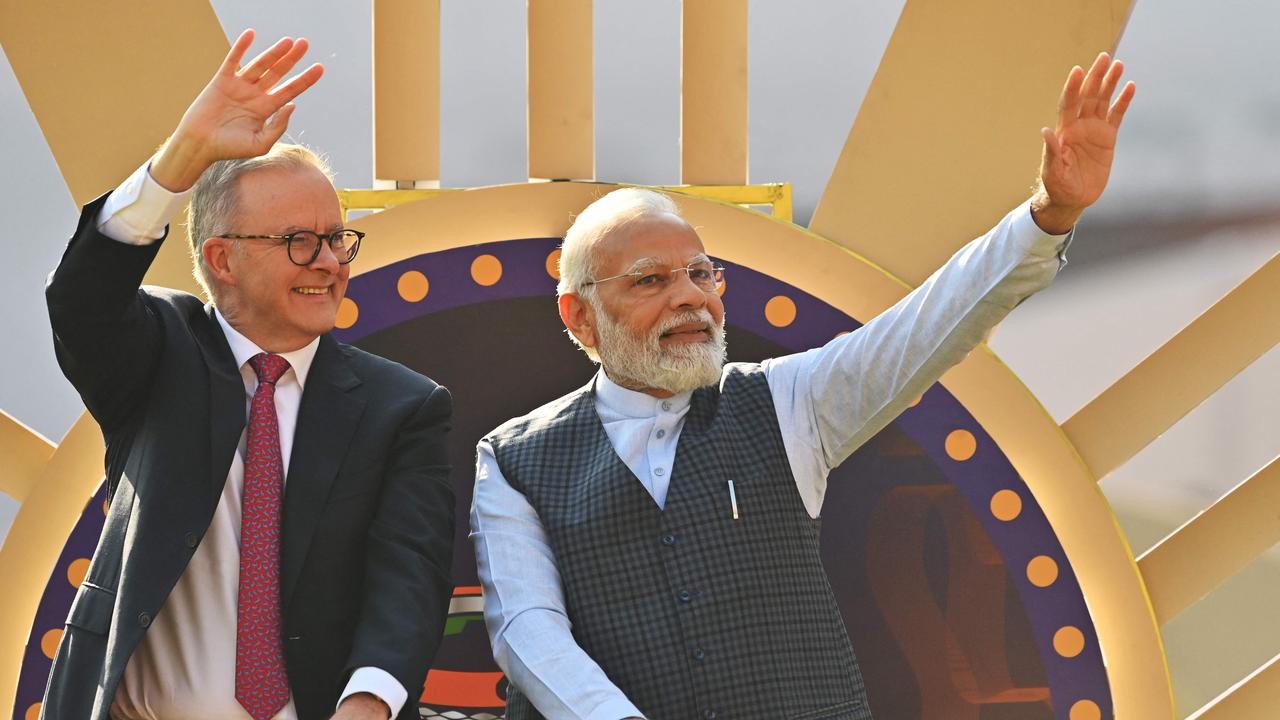
India has an ambitious goal of 50 per cent renewable energy, and 30 per cent electric vehicle usage, by 2030.
On trade, Mr Albanese acknowledged that the work on the comprehensive economic co-operation and trade agreement are ongoing, but said he hoped the principle at least could be agreed to this year.
A trade deal has been in effect since the end of last year.
“It is something that I’m pursuing,” he said.
Mr Albanese and Mr Modi are also set to reach an agreement around national security, a day after Mr Albanese toured a new aircraft carrier INS Vikrant - the first such vessel to be built in India.
Australia will host Exercise Malabar for the first time later this year, and elsewhere India will make its debut in the Talisman Sabre exercise.
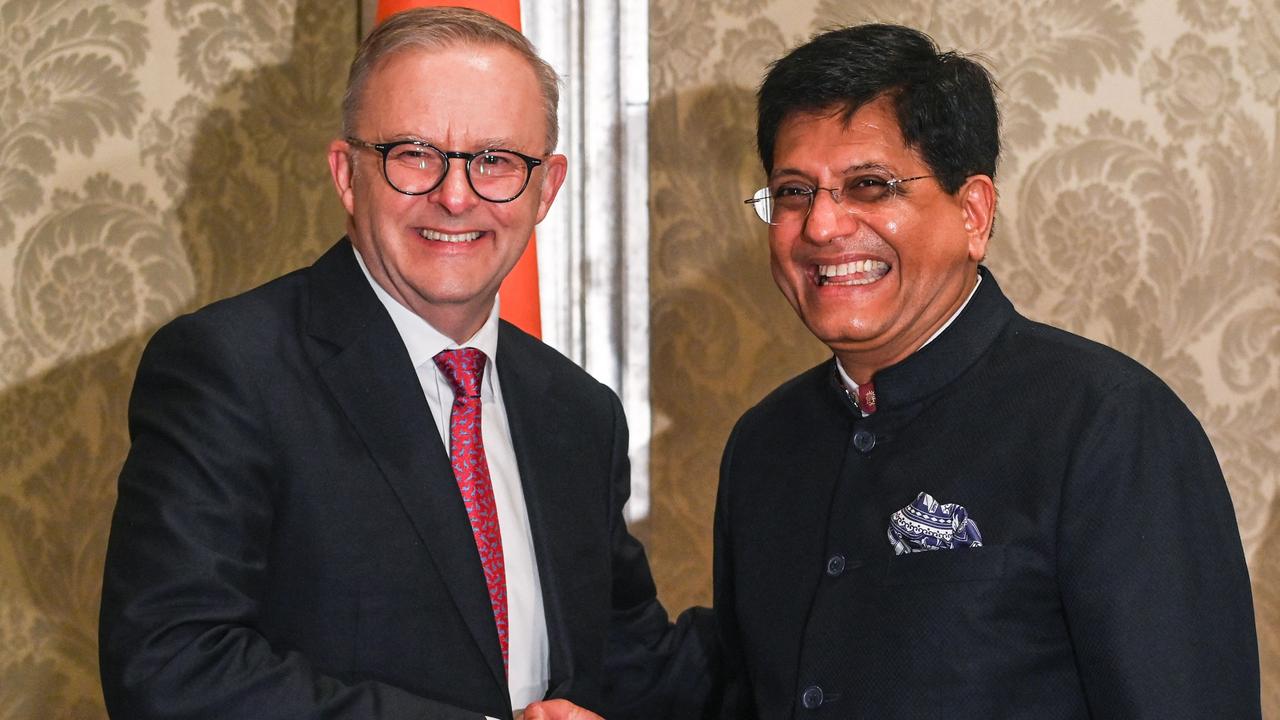
Mr Albanese has been joined in India by a business delegation, who he said had come in recognition of “how important the relationship is”.
“This is a country of 1.4 billion people – that’s a large market,” he said.
“When we look at the opportunities which are there, the Australian business community certainly recognises that.
“ … I want to thank the businesses – be they the 34 businesses in clean energy or the 27 CEOs and university leaders and other leaders of institutions who have travelled here as well.
“That is sending a big, big message to India that we believe India matters, and that we want to build the relationship.”
In terms of culture, the agreement is expected to tie the Australian and Bollywood film industries closer together.
“I look forward to seeing more Indian-Australian co-productions on our screens showcasing the best of both our cultures, landscapes and people,” Mr Albanese said.

